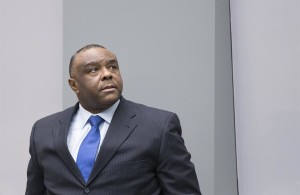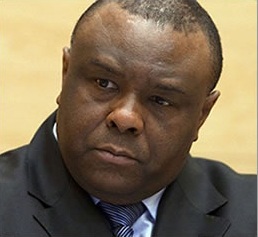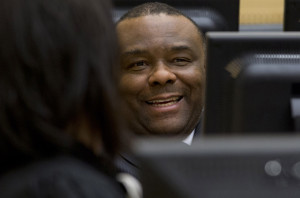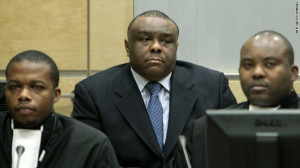 The Defence for Mr. Jean-Pierre Bemba filed an appeal against his conviction for war crimes and crimes against humanity in front of the Appeals Chamber of the International Criminal Court (ICC).
The Defence for Mr. Jean-Pierre Bemba filed an appeal against his conviction for war crimes and crimes against humanity in front of the Appeals Chamber of the International Criminal Court (ICC).
The Defence criticized many of the findings of the Trial Chamber and claimed that the Bemba trial was in fact a mistrial.
The Defence highlighted a vast number of gaps in Mr. Bemba’s right to a fair trial, claiming for instance that the Prosecution was permitted to intercept and listen to telephone conversations between the accused and his lawyers, between the lawyers themselves, and between the lawyers and Defence witnesses.
The Defence also mentioned the vast amount of ex parte access to the Trial Chamber enjoyed by the Prosecution to discuss matters directly relevant to the Judgment itself.
The majority of the appeal, however, is dedicated to the flaws of the Trial Chamber’s findings on effective control, which, according to the Defence, ‘’fall far outside established military doctrine and practice’’ […] and ‘’deprive the Judgement of precedential value in shaping the future actions of commanders.’’
For the Defence, the Trial Chamber, having disregarded the evidence of both the Prosecution and Defence military experts, ‘’invented a theory of command responsibility which is a military impossibility’’ […] and ‘’conflated basic military principles, misunderstood and misapplied established legal doctrine and, most alarmingly, made key factual findings on the basis of no evidence.’’
The Defence adds that other fatal flaws undermine the conviction. The Defence referred to the fact that nearly two thirds of the underlying acts for which Mr. Bemba was convicted were not included or improperly included in the Amended Document Containing the Charges and fall outside the scope of the charges.
The Defence also pointed out that, to convict a person of a crime against humanity, a Trial Chamber must find that he knew that his conduct was part of a widespread attack on a civilian population. However, no such finding was made in this case against Mr. Bemba.
The Prosecution has two months within which to file a response.
In order to read a summary of the Defence Appeal, click here.




